
‘For the EU, Moldova has become a litmus test for whether enlargement can be redesigned for an era of permanent instability. Successful integration would anchor the eastern flank, signal that the EU can still shape its neighbourhood, and close off a key corridor for Russian influence. Failure would expand the grey zone of uncertainty on Europe’s borders…’

‘Israel is often labelled an occupier with regard to Judea and Samaria (commonly referred to as the West Bank). This small territory has been controversial for decades. From the Israeli perspective, however, the land represents a far more complex issue—one that encompasses strategy, security, history, and national survival.’
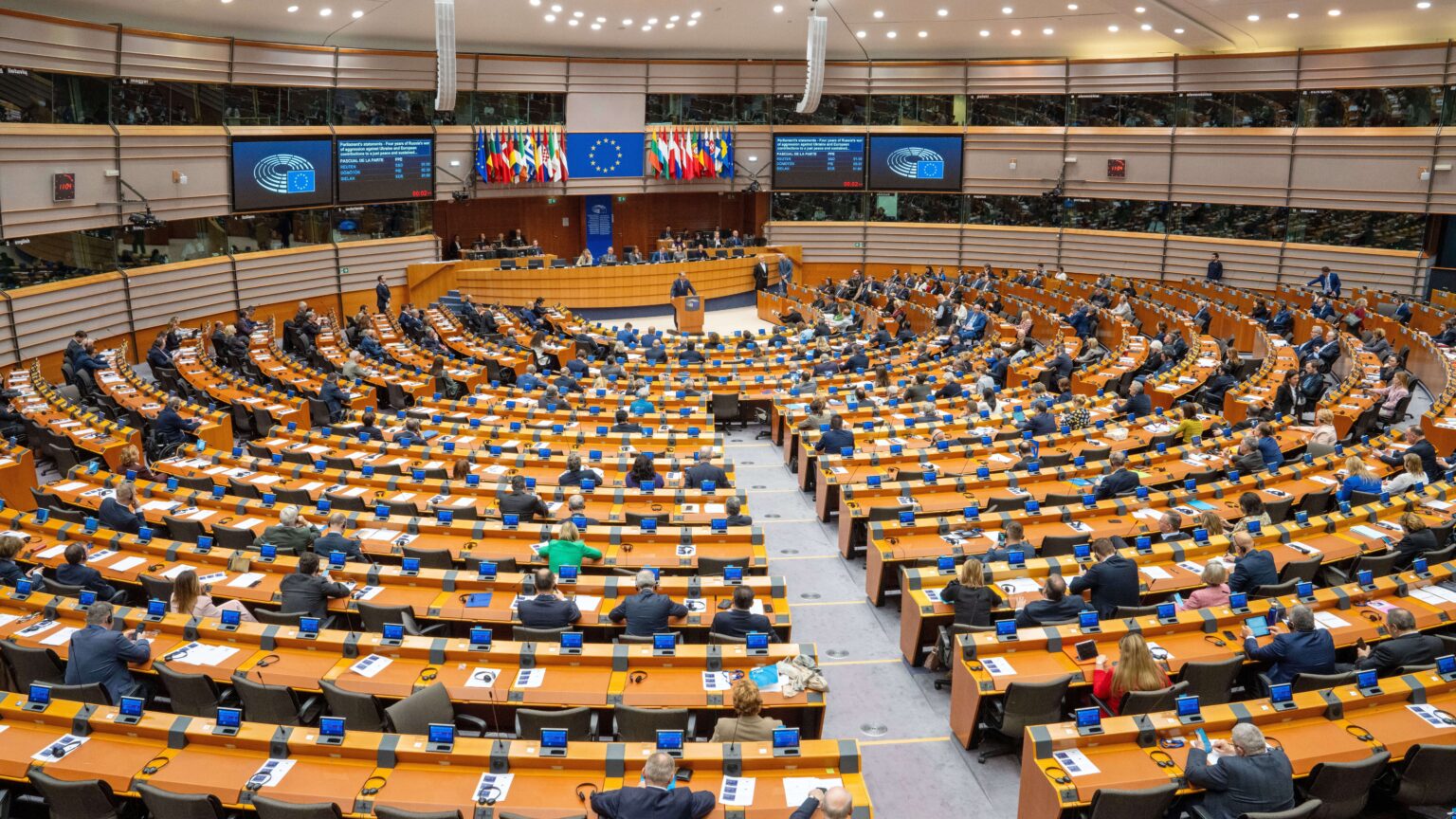
A Brussels meeting saw a heated debate over whether Hungary could link EU legislation for a 90 billion euro Ukraine loan package to the reopening of the Druzhba oil pipeline, highlighting tensions over energy security and EU policy.
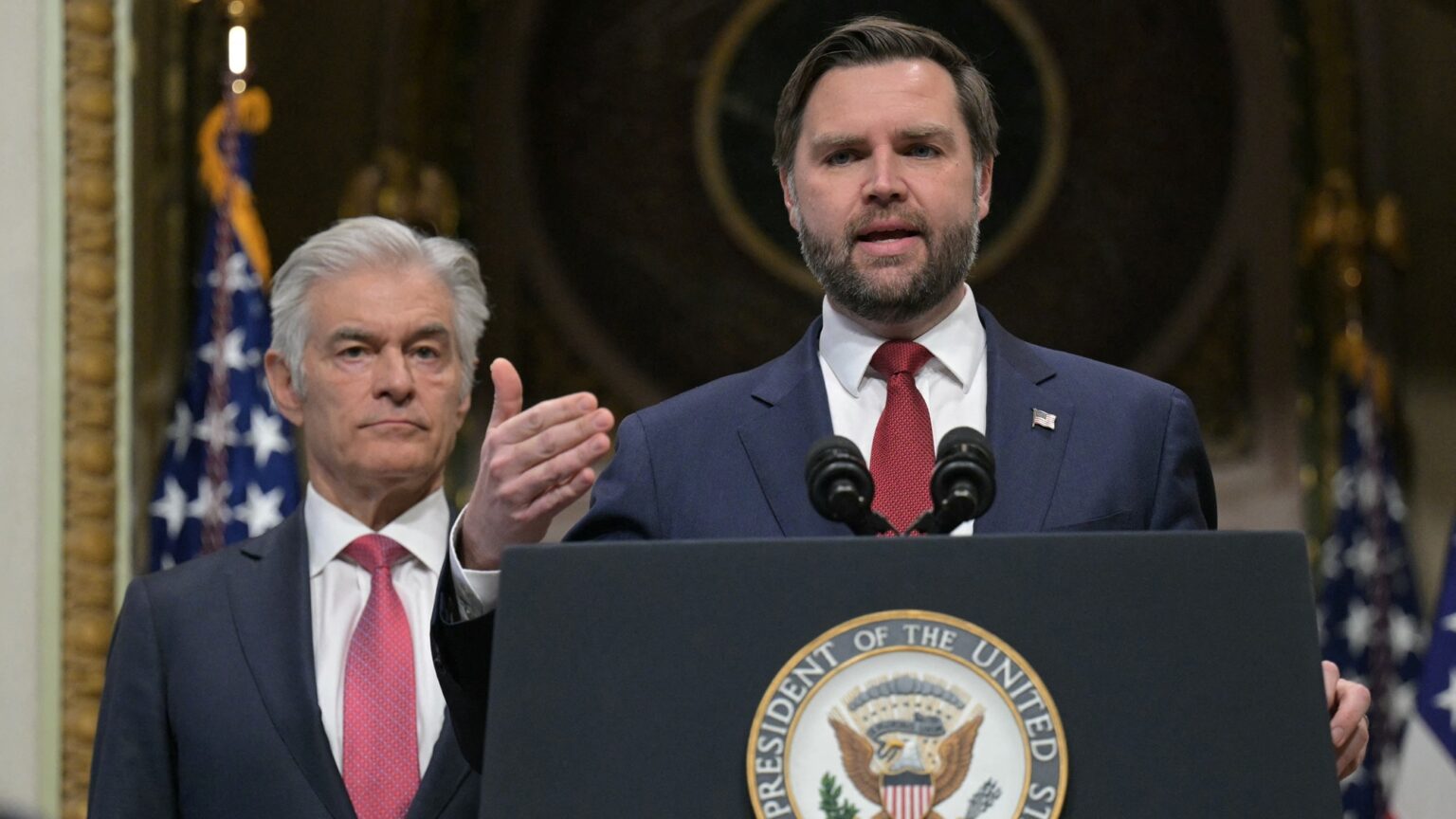
US Vice President JD Vance has been tasked with leading the new ‘War on Fraud’ ininative in the counrty, as President Trump has announced in his State of the Union address. As the first step, Vice President Vance has shared that the federal government will be halting $259.5 millon in Medicaid funds to Minnesota due to concerns over widespread fraud.

An anonymous EU diplomat source told POLITICO that Brussels will be seeking a compromise with Hungary on the issue of the inoperational Druzhba Pipeline in Ukraine, as opposed to threatening them with more punitive action. According to the piece, the EU leadership is doing so in order to avoid helping PM Orbán of Hungary’s re-election chances in April.

‘The expansion of powers cannot take place without the explicit confirmation of member state consent—otherwise, integration will gradually become detached from national democratic legitimacy.’

Hungarian Prime Minister Viktor Orbán called on Ukrainian President Volodimir Zelenskyy to reopen the Druzhba oil pipeline and stop actions he says threaten Hungary’s energy security, in an open letter published on Facebook on Thursday.

‘The debate unfolding in Brussels is not merely institutional. It is existential. For what does European solidarity actually mean? Is it financial redistribution? Political endorsement? Or does it ultimately imply the willingness of armies and citizens to fight—and potentially die—for causes beyond their national borders—and, frankly, their national interest?’
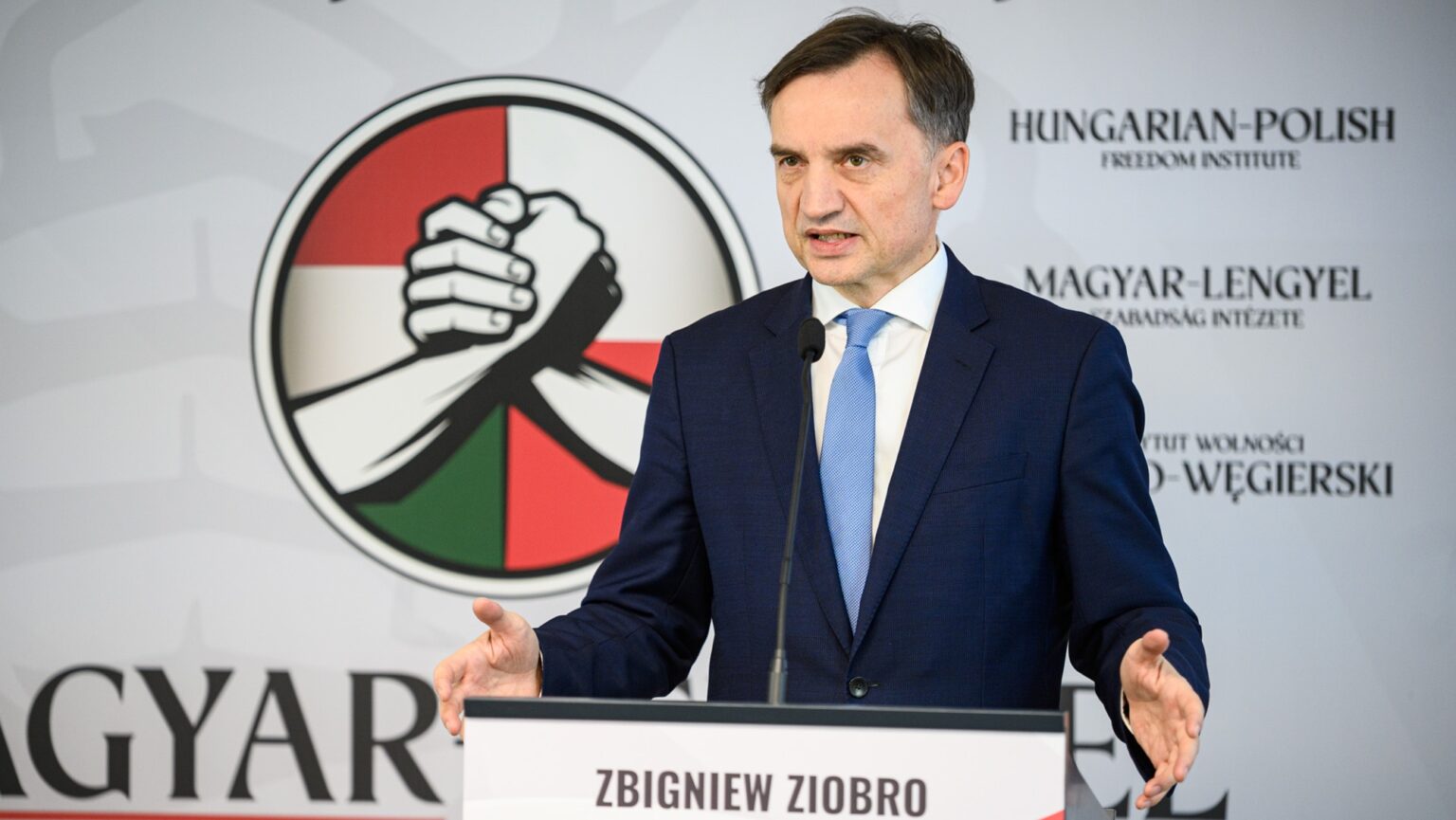
MP and Former Minister of Justice Zbigniew Ziobro of Poland sharply criticized Hungarian prime ministerial candidate Péter Magyar of the Tisza Party after he admitted attending a party where drugs were present. MP Ziobro questioned Magyar’s fitness for leadership and accused him of ignoring the dangers posed by organized crime and addiction.

‘The dispute over the islands has long sparked patriotic fervor on both sides, leading to domestic demonstrations in both South Korea and Japan…While contentious, the issue isn’t new, and the event didn’t spark a new debate. Both sides have shown restraint, and it is unlikely to greatly impede the future of South Korea–Japan relations.’

Prime Minister Viktor Orbán said European leaders led by Ursula von der Leyen agreed with President Zelenskyy to continue the war in Ukraine, warning that the conflict has no solution on the battlefield and is costing Europe heavily.
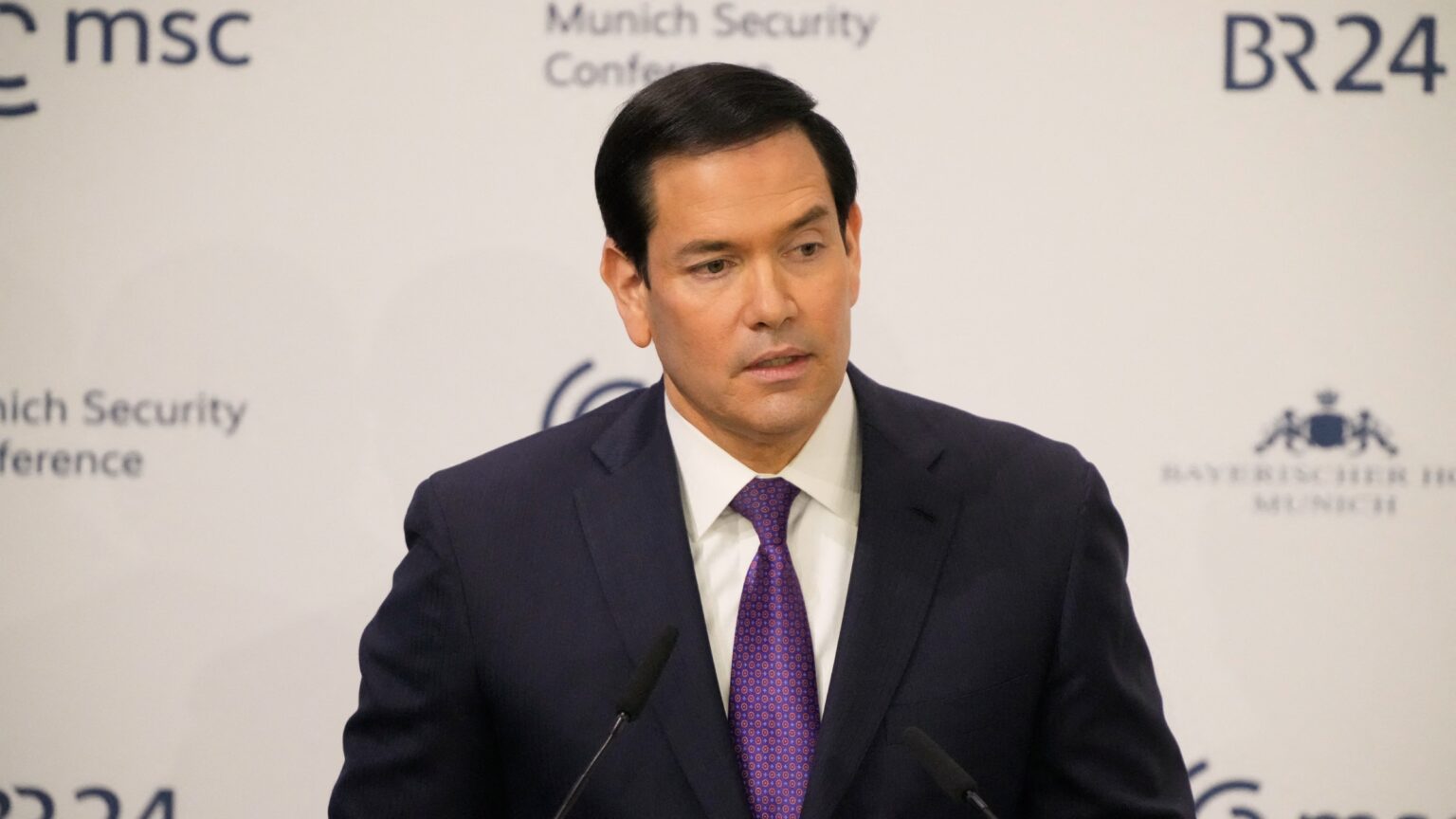
‘In the coming years, the main fault line in European politics will be less political and more historiographic: between those who see the West as having started 2000 years ago, and those who see its birth as intrinsically tied to a 20th-century political model.’

Hungary’s humanitarian strategy was summarized by Prime Minister Viktor Orbán, who once said: ‘Let us not bring the trouble here, but take the help there where the trouble is.’

As the Ukraine war drags into its fifth year, the question is no longer whether negotiations are happening, but whether they can deliver peace. Hungarian Conservative asked four experts to assess the conflict, revealing deep divisions over whether current diplomacy signals progress—or merely manages an entrenched stalemate.
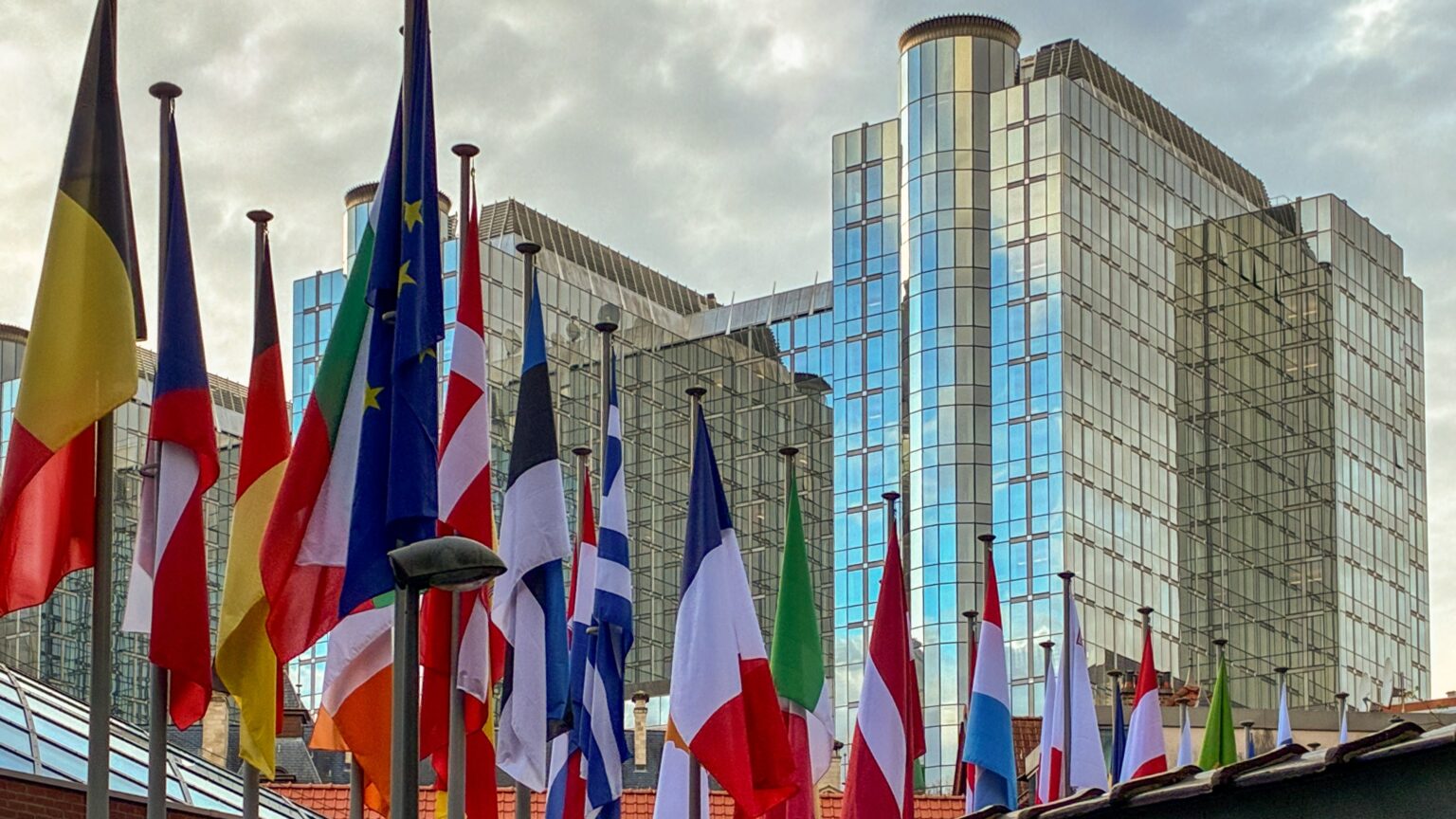
‘Europe does not simply exist in a vacuum. It is not a technocratic project, but a civilizational community built on clear foundations, foremost among them its Judeo–Christian heritage. European integration must build on these foundations, not dismantle them.’

On the night of 22–23 February, Ukrainian drones hit the Kaleykino oil pumping station near Almetyevsk, Russia. The oil station is a major supplier of the Druzhba pipeline, which transports Russian crude oil to Hungary and Slovakia, further escalating tensions between Budapest and Kyiv. Energy infrastructure in the city of Belgorod, Russia, was also struck by Ukrainian drones on the same night.
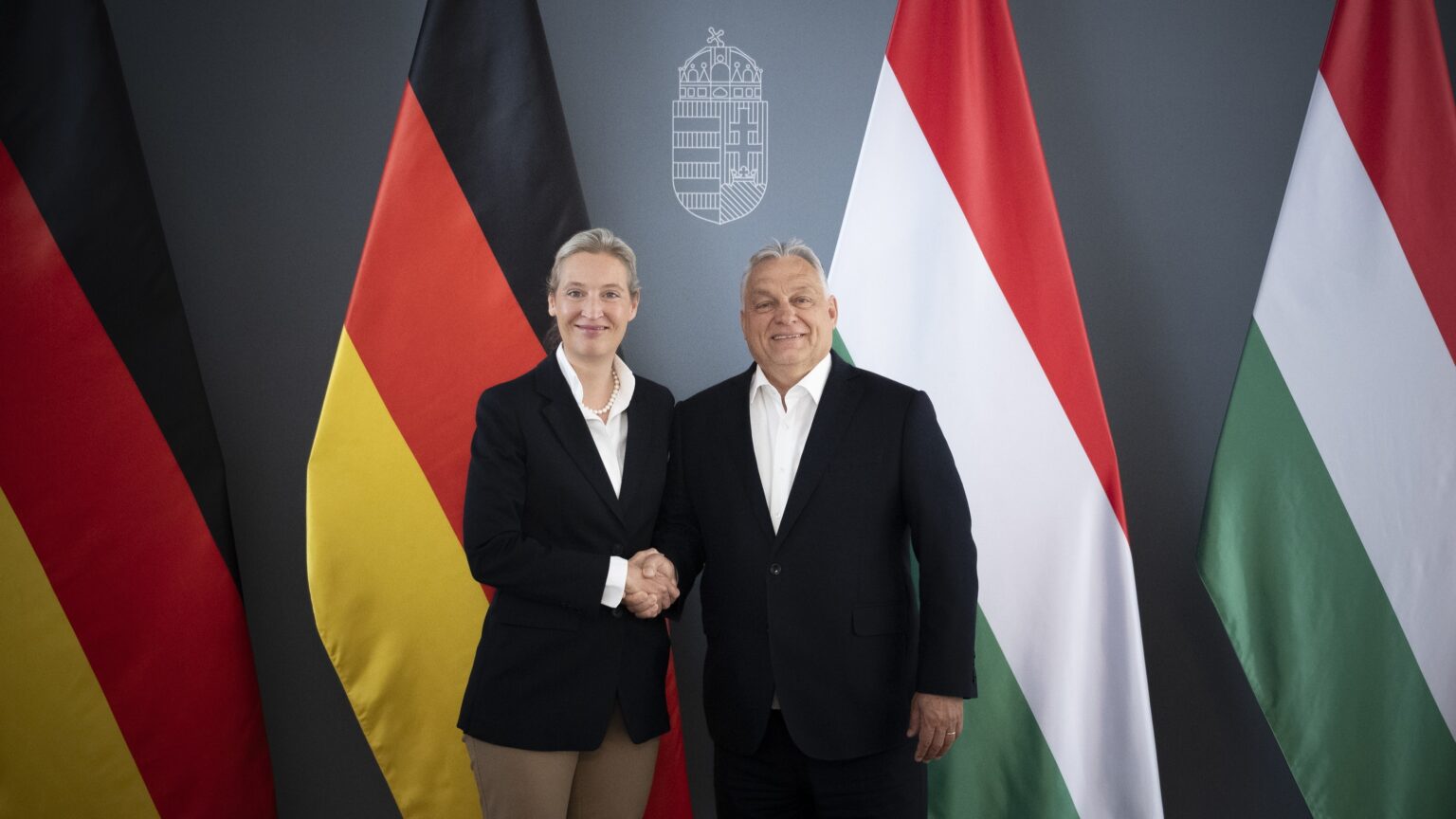
Co-Chairwoman of the Alternative for Germany (AfD) party Alice Weidel said Hungarian Prime Minister Viktor Orbán is the only guarantee that Ukraine will not join the European Union, arguing that the country does not meet accession requirements and calling for Europe to pursue peace talks with both sides in the war.
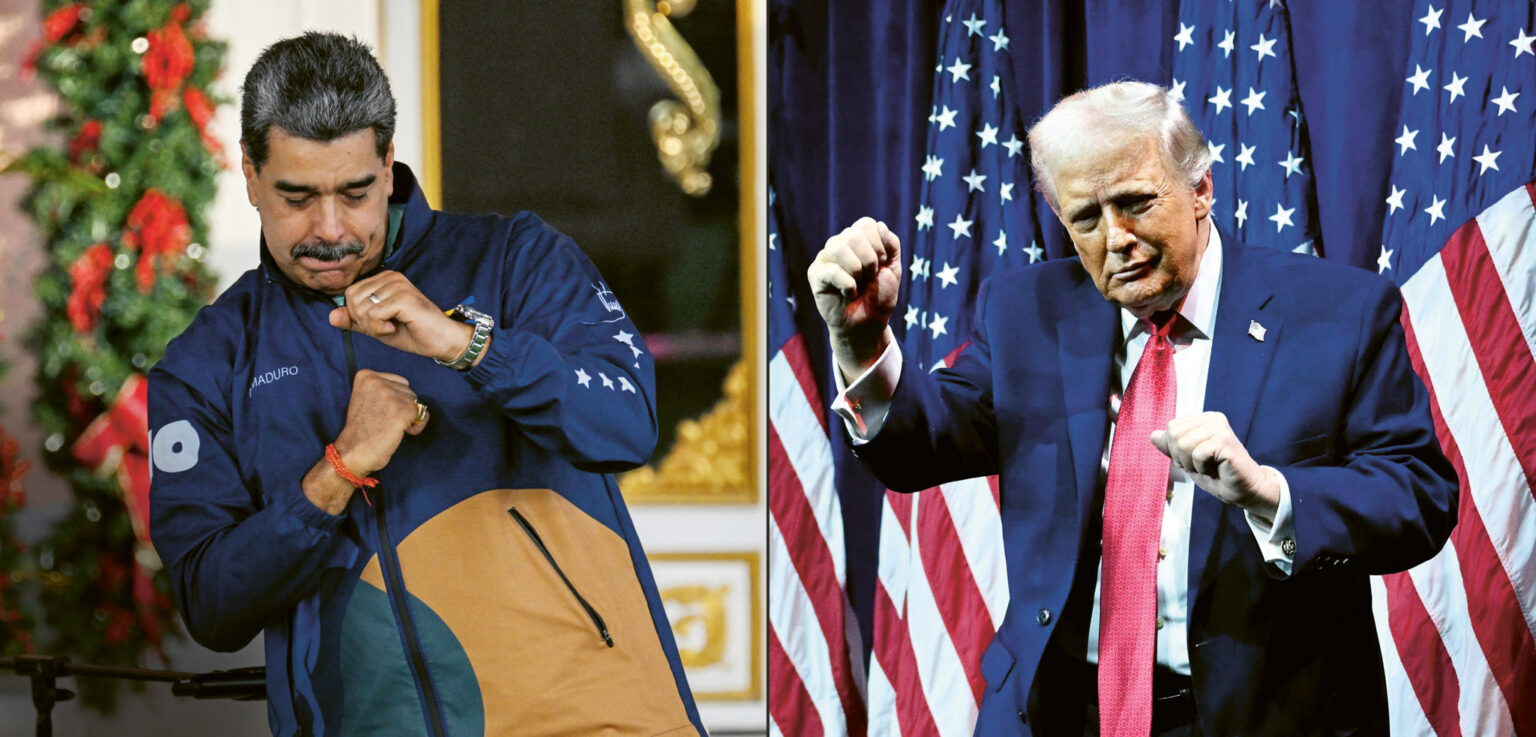
‘It is very likely that in the coming weeks evidence will come to light about the dirty deals that various Latin American leftist leaders have made with the Venezuelan regime, which will affect their electoral aspirations or could even see them face trial.’
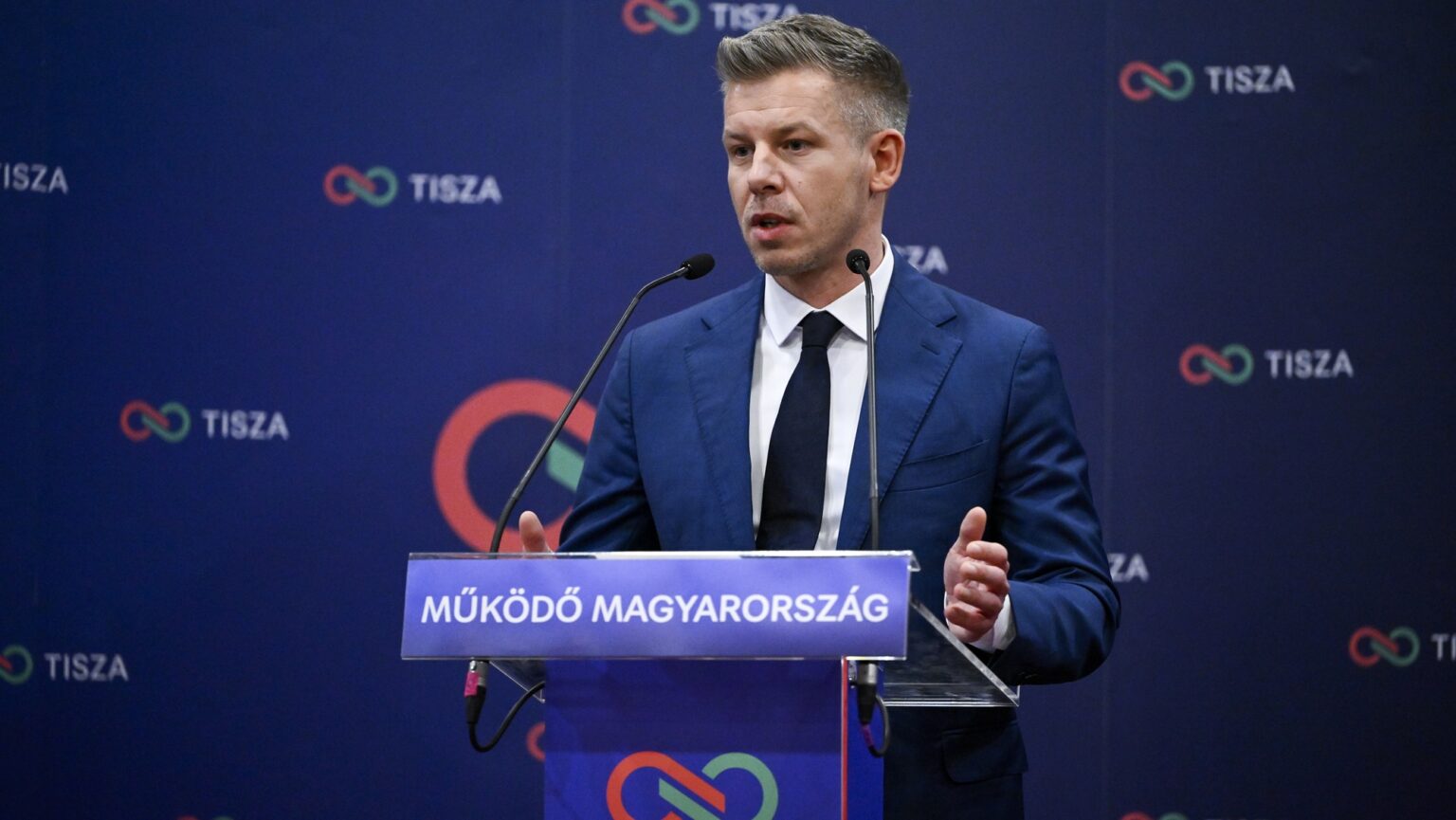
Péter Magyar of the Tisza Party claimed 250,000 signatures were collected on the first day. However, the Center for Fundamental Rights has reached out to Hungary’s National Election Office (NVI) for the official numbers, which revealed that Tisza had collected less than half of the claimed number, 110,000 by 4pm on the first day. By contrast, Viktor Orbán’s Fidesz party collected 196,000 signatures in the same period.

‘In the first phase, immediately following the regime change, the conservative generation aimed to emulate Western European models, often paving the way for neoliberal shock therapy. The second generation, referred to as the “new right” in Central Europe, formulated its approach based on the adverse effects of post-transition capitalism.’

Will Iran sign a new deal on its nuclear and ballistic missile programme? How strong are Russian, Chinese, and American influences in the Middle East? What will happen to Gaza and Hamas? We asked the former CEO and President of the Middle East Institute about the rapidly changing geopolitical landscape of the Middle East.
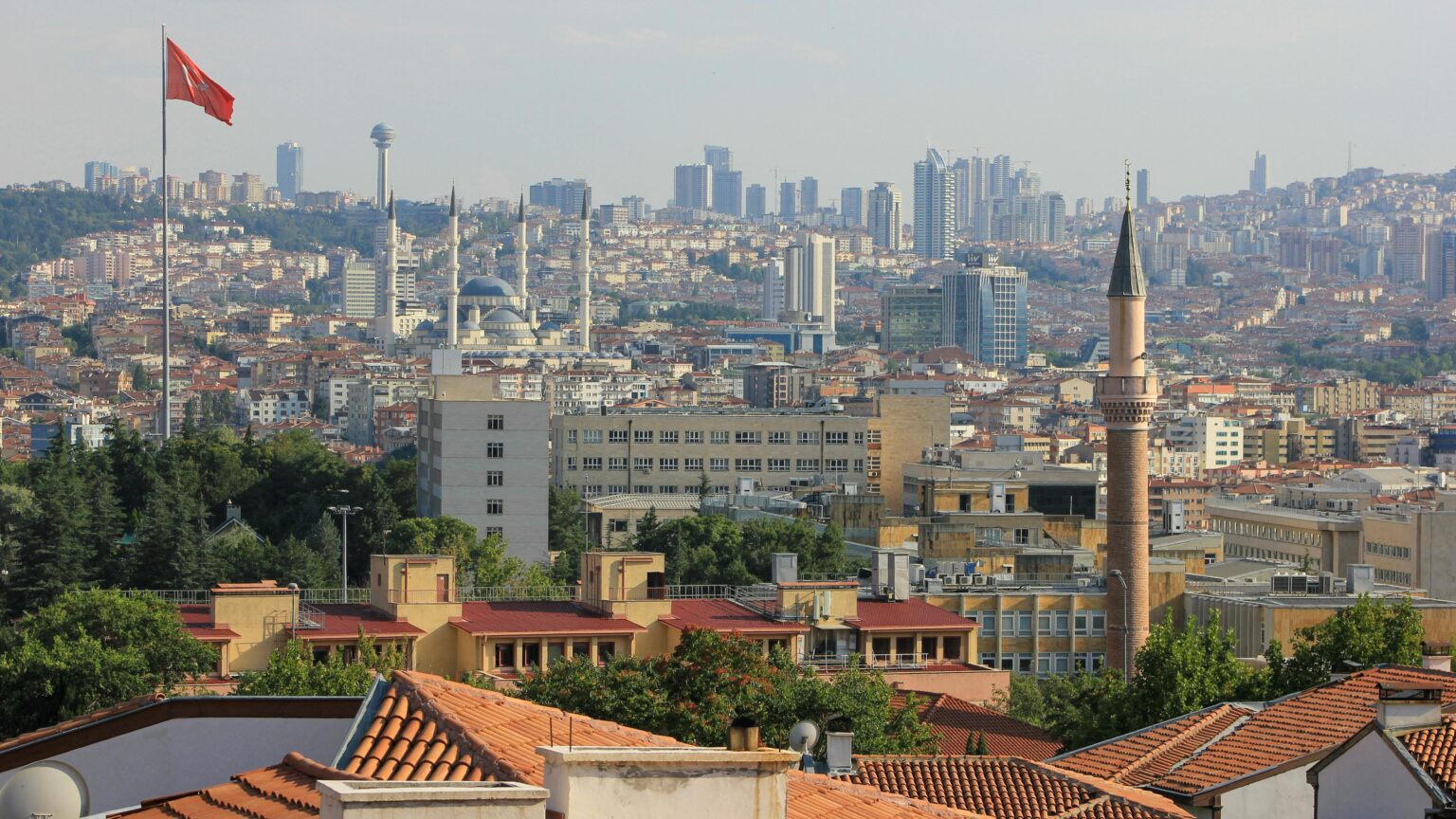
‘Power, after all, begs to be balanced, as realist theory holds. As Kenneth Waltz wrote in his final essay: “the very acts that have allowed Israel to maintain its nuclear edge in the short term have prolonged an imbalance that is unsustainable in the long term.”’

Opposition leader Péter Magyar insists he would uphold Hungary’s veto on Ukraine’s EU accession, even as his party sits within the European People’s Party—the bloc’s strongest advocate of Kyiv’s fast-track membership. The apparent contradiction exposes the political theatre that Tisza and the EPP are staging ahead of Hungary’s April election.
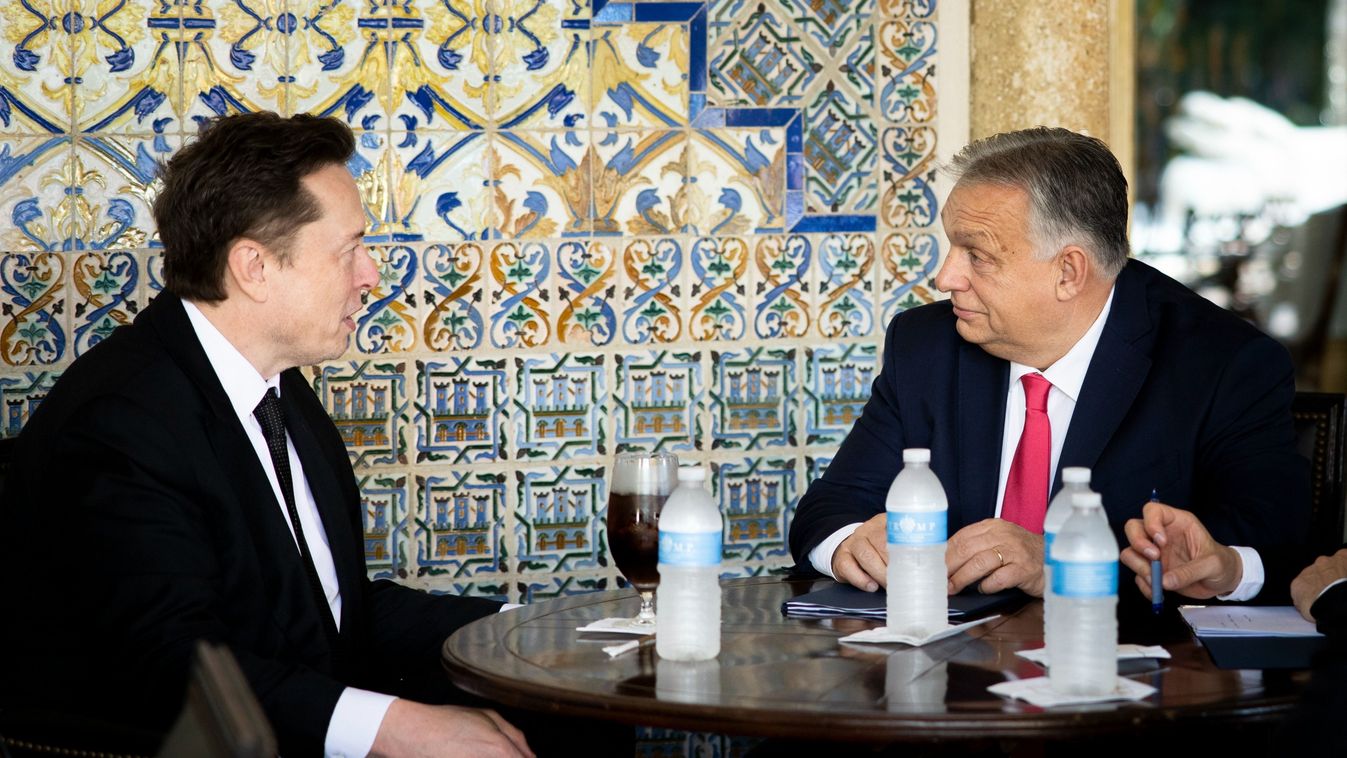
A German court has ordered Elon Musk’s X to provide data tied to Hungary’s upcoming parliamentary election, escalating tensions between the platform and European regulators enforcing the Digital Services Act. The case, driven by EU- and foreign-funded NGOs, has fuelled concerns in Budapest over external interference and political pressure ahead of the April vote.
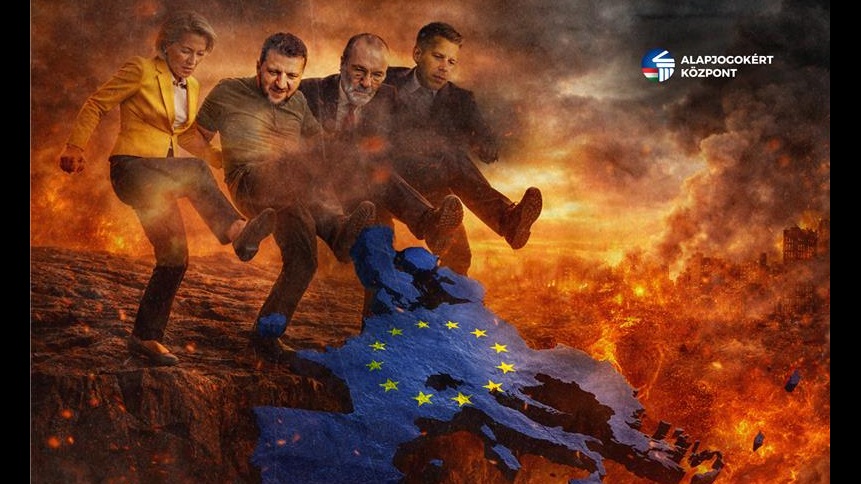
Brussels has entered a new phase of escalation, transforming support for Ukraine into an automatic political and economic war framework. This trajectory narrows national sovereignty, embeds long-term financial commitments in EU budgets, and shifts Europe’s focus from peace toward sustaining conflict, the Center for Fundamental Rights argues in their new analysis.
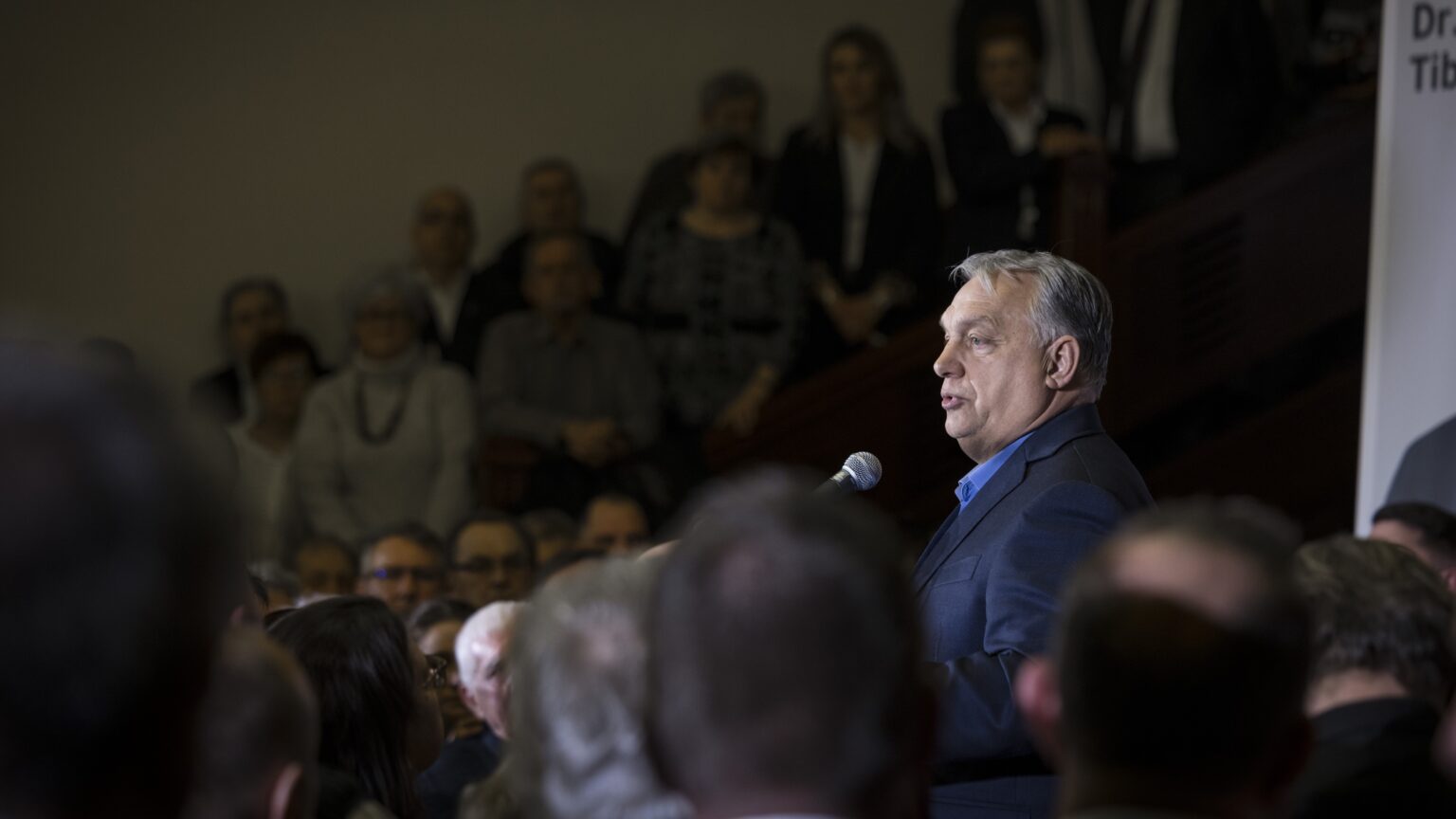
A majority of Hungarians believe only Prime Minister Viktor Orbán would be able to resist pressure from Brussels in debates over joint EU borrowing and financial support for Ukraine, according to a new Századvég survey.

US Representative Alexandria Ocasio-Cortez, one of the most recognizable figures of the progressive wing of the Democratic Party, has been mocked for her performance at a panel at the Munich Security Conference. She followed that up by mistakenly claiming that Venezuela was below the Equator during an interview at a Berlin university just a few days later.
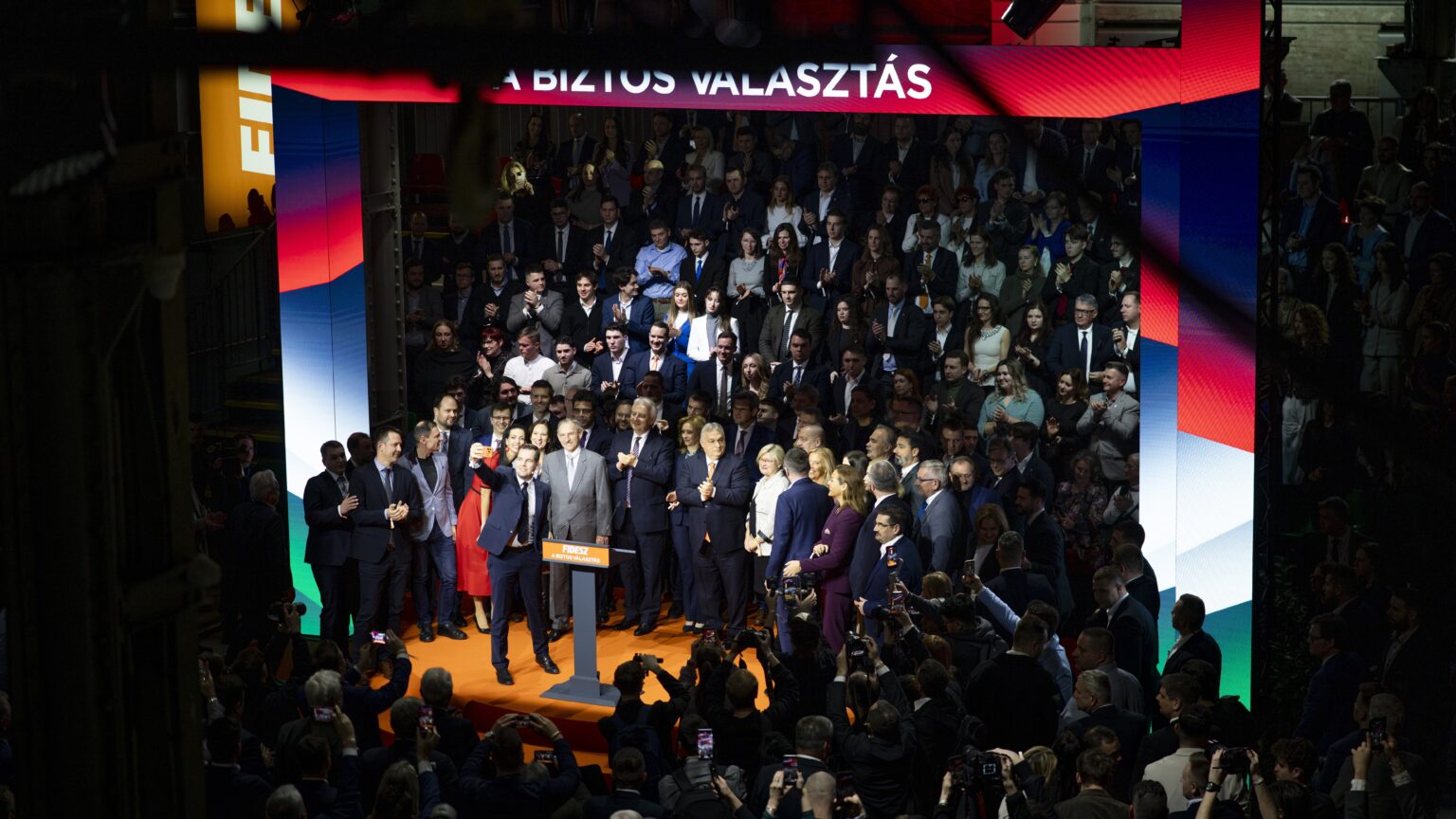
Senior Fidesz–KDNP politicians presented their national list in Budapest, highlighting what they called historic achievements and framing the April election as a choice between national sovereignty and foreign influence, while sharply criticizing their opponents.
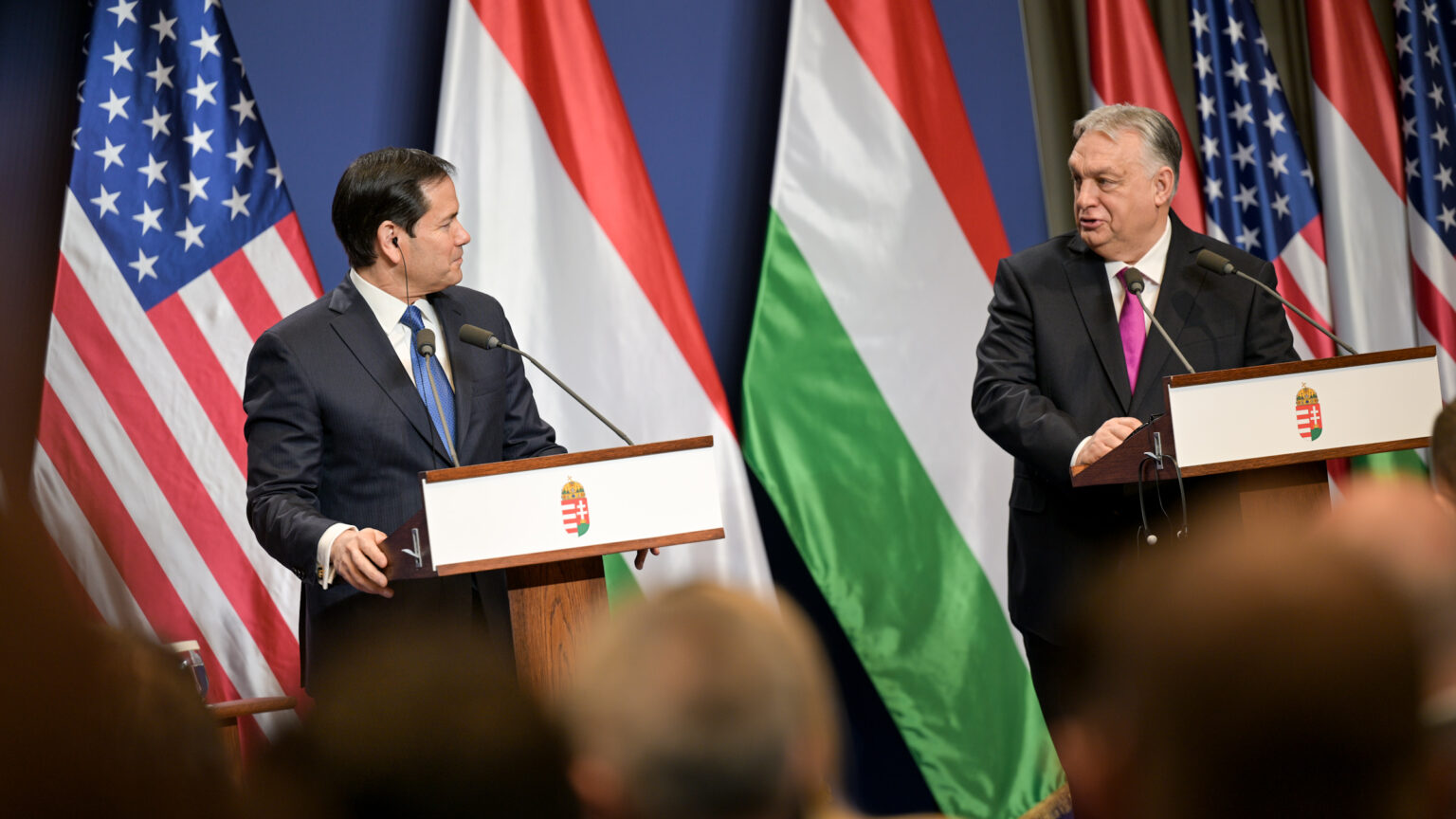
Standing beside Viktor Orbán in Budapest, Marco Rubio praised the Hungarian prime minister’s role in advancing US interests and pledged a financial protective shield for the country, saying Hungary should thrive ‘as long as you’re prime minister’. The remarks, coupled with the signing of a key nuclear deal between the two countries, signal firm support from the Trump administration ahead of Hungary’s closely watched April elections.

‘The Germany in which Hungarians still believe—or try to believe—long drew its strength from the “economic miracle” built by earlier, hard-working generations. The prosperity stemming from that achievement still endures, but its nature has changed. There is no question of outright impoverishment, yet this prosperity now seems to have stalled, and little real progress is being made.’